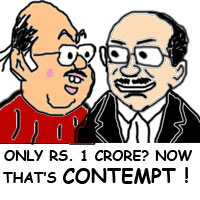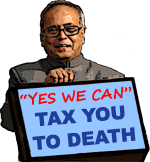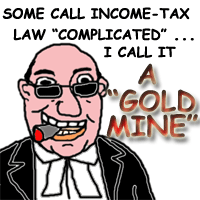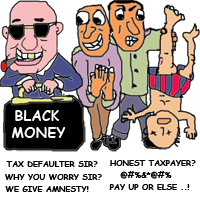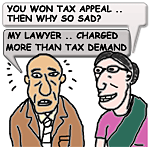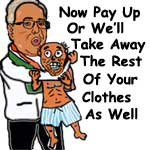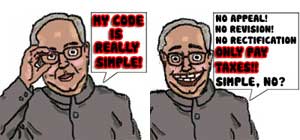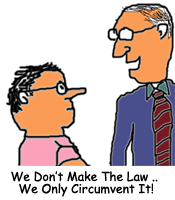
The author lashes out at the proposal of the Government to enact a new law to regulate lawyers, claiming that it will be an immense waste of public money. Instead, if the Government is really serious of protecting the interests of the public, then there is a series of steps it can take under the existing legislation to promote the rule of law and enhance standards in the profession, says the author. The author identifies 10 such steps which he claims will reform the legal sector.
The Government of India is proposing to introduce “Legal Practitioners (Regulations and Maintenance of Standards in Profession, Protecting the Interest of Clients and Promoting the Rule of law) Act, 2010“, and has requested for suggestions from the stake holders i.e., Public in General, Legal Fraternity, Educationalist, etc. Under Clause 35 of the proposed Act, until competent regulatory bodies are established by the Central Government or State Government as the case may be. The Legal Services Board shall function as the regulator for the regulatory objectives under this act for legal professionals other than those covered by the Advocates Act, 1961 as enumerated in Schedule I i.e.
